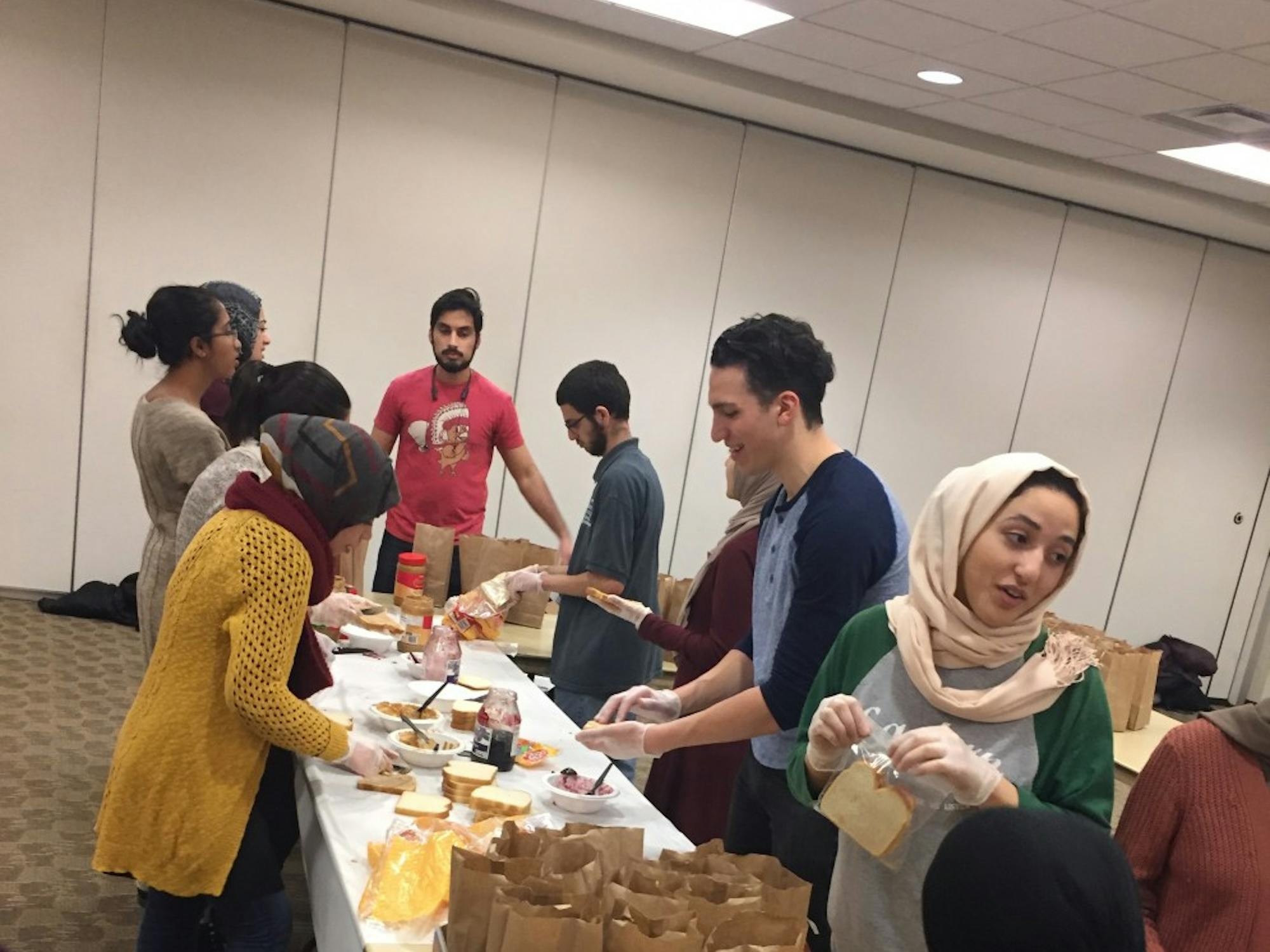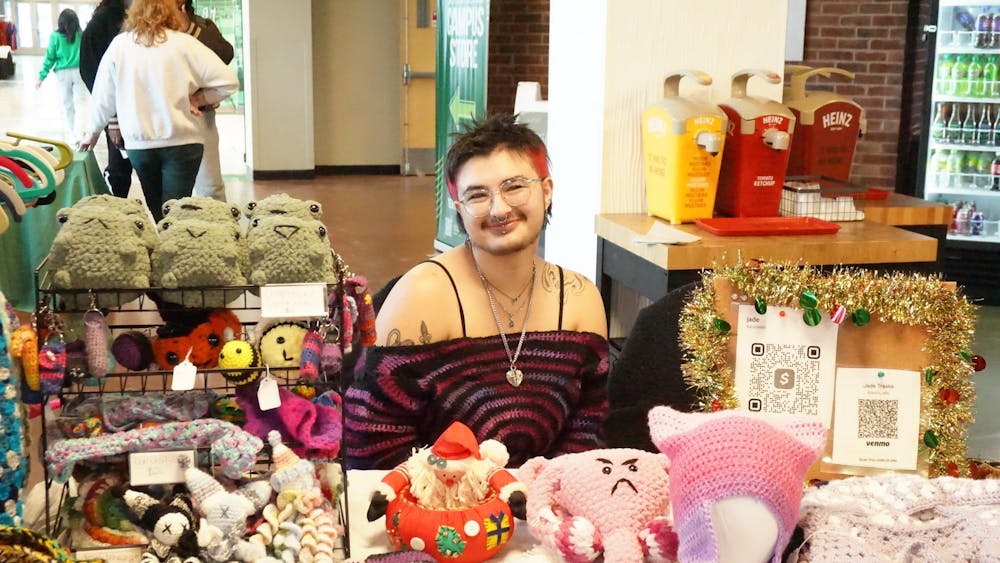Several students at Eastern Michigan University expressed the negative effects they have started to experience following the executive order on international travel President Donald Trump issued. The executive order has affected students' lives and their futures in the United States.
Layali Alsadah is an EMU senior from Yemen, one of the seven countries referred to in the executive order. Most of her family still lives there.
“It was very difficult to process the concept that there is a huge chance that I may never actually get to see my family again,” said Alsadah. “It is the same concept of the wall that is being pushed for against Mexican immigrants. Families are being separated and I feel that is being overlooked.”
Students nor advisers are sure of how it might impact immigration benefits, such as student eligibility for 1 year practical training post graduation.
“He’s not looking to create the best future for the United States of America," said Ali Ghannam, EMU freshman. "He is looking to create the best future for himself and his children, and that's not what the President is supposed to do. He’s supposed to put the future of this country above the future of himself.”
The EMU Office of International Students has offered referrals to Counseling and Psychological Services and also hosted an open forum for students to discuss issues they might be facing. The university also refers students to a computer program called ISSP where students have the option to receive advice in their native language.
President Donald Trump's executive order announced that entry into the United States by immigrant and non-immigrant aliens from Iraq, Syria, Sudan, Iran, Somalia, Libya and Yemen is detrimental to the interests of the United States, so President Trump suspended entry for immigrants and non-immigrants.
“It is a very serious risk for students that travel outside of the country that they will not be able to reenter the United States to continue their studies,” said Emily Boerman, International Student Advisor, EMU.
Following the executive order, EMU President James Smith made a statement in support of international students and scholars.
“Even if the ban gets lifted we have a lot of bridges to rebuild in order to fix the emotional trauma inflicted on the people affected by this ban, affected by the wall and by the propaganda President Trump has been sending since he began his presidential campaign,” said Alsadah.
Homeland Security has 90 days from the date of the executive order to make a formal decision on visas that have already been issued.
The order excludes foreign nationals traveling on diplomatic visas, North Atlantic Treaty Organization visas, C-2 visas for travel to the United Nations and G-1, G-2, G-3 and G-4 visas. The order also addresses religion and puts the cap on refugees immigrating to the United States at under 50,000 for the year.
“We can hopefully re-brand the overall image of Islam in America,” said Ghannam. “We need to give it an overall more positive image so people will realize there is nothing to be afraid of. We are normal people, we like helping people, we are their next door neighbor and we are the same as them.”
The EMU Office of International Students is working to remain informed on any updates regarding the temporary travel ban and is working closely with the National Association of International Educators, a professional organization that advocates for international students.
“We could redeem ourselves from this, we have done it before as a nation because this is history repeating itself, but it is going to take a lot of emotional stress and emotional trauma,” said Alsadah.
NAFSA advocates for international students through ways such as influencing policy change and helping professors acquire work visas.
“Intersectionality needs to be opened up more across these different issues because they are affecting us all as a nation,” said Alsadah. “If we are speaking over each other it’s not going to do anything compared to if we are speaking in unison.”










